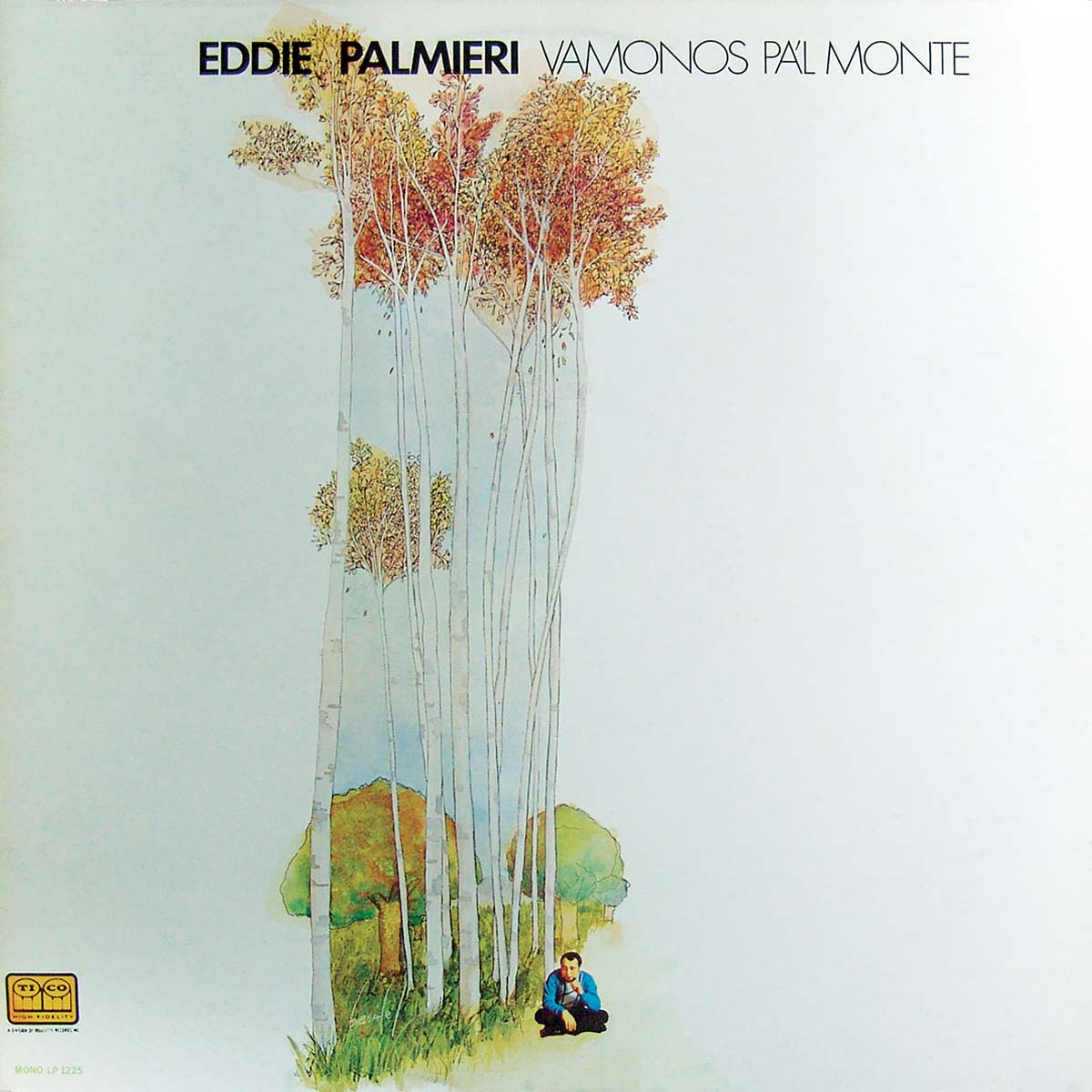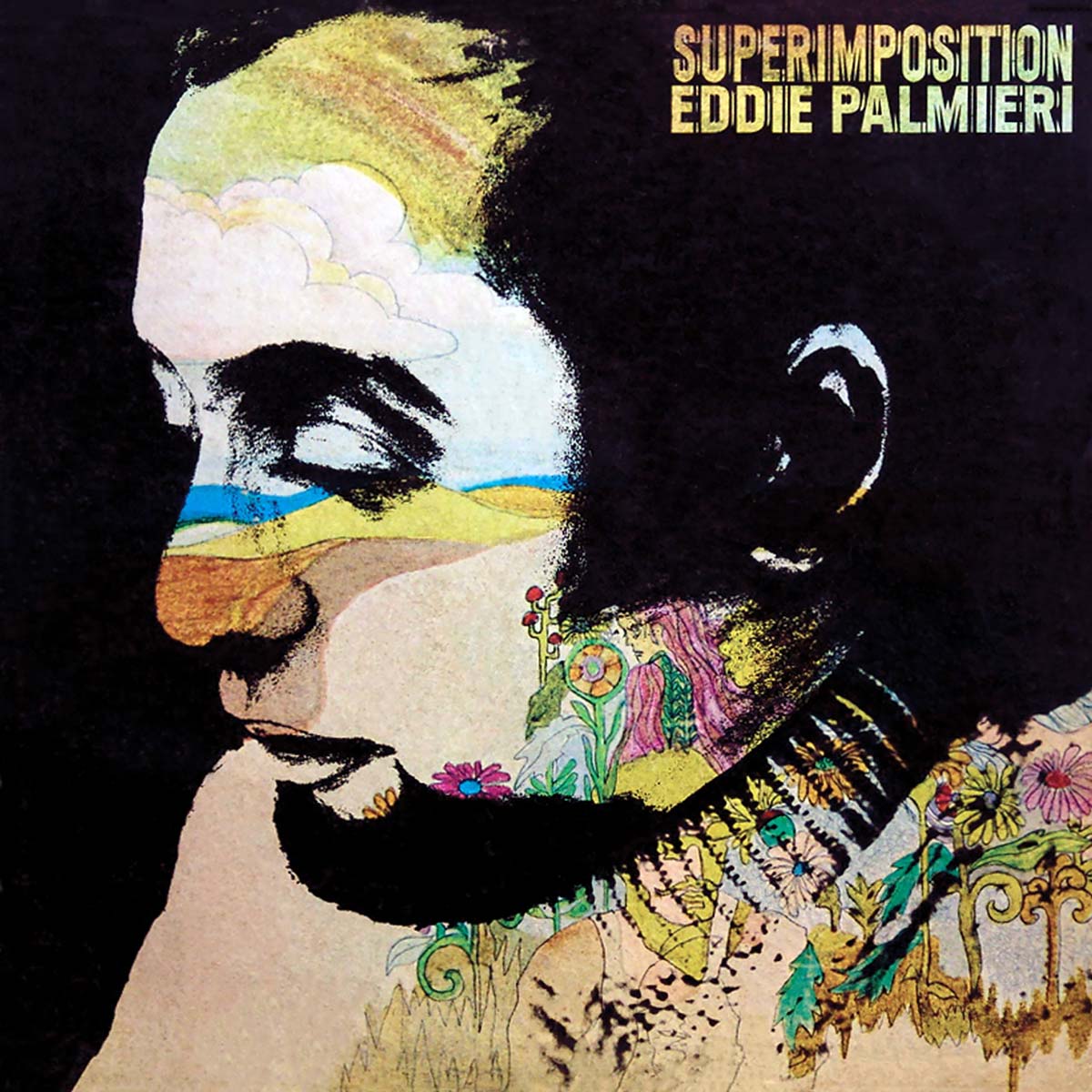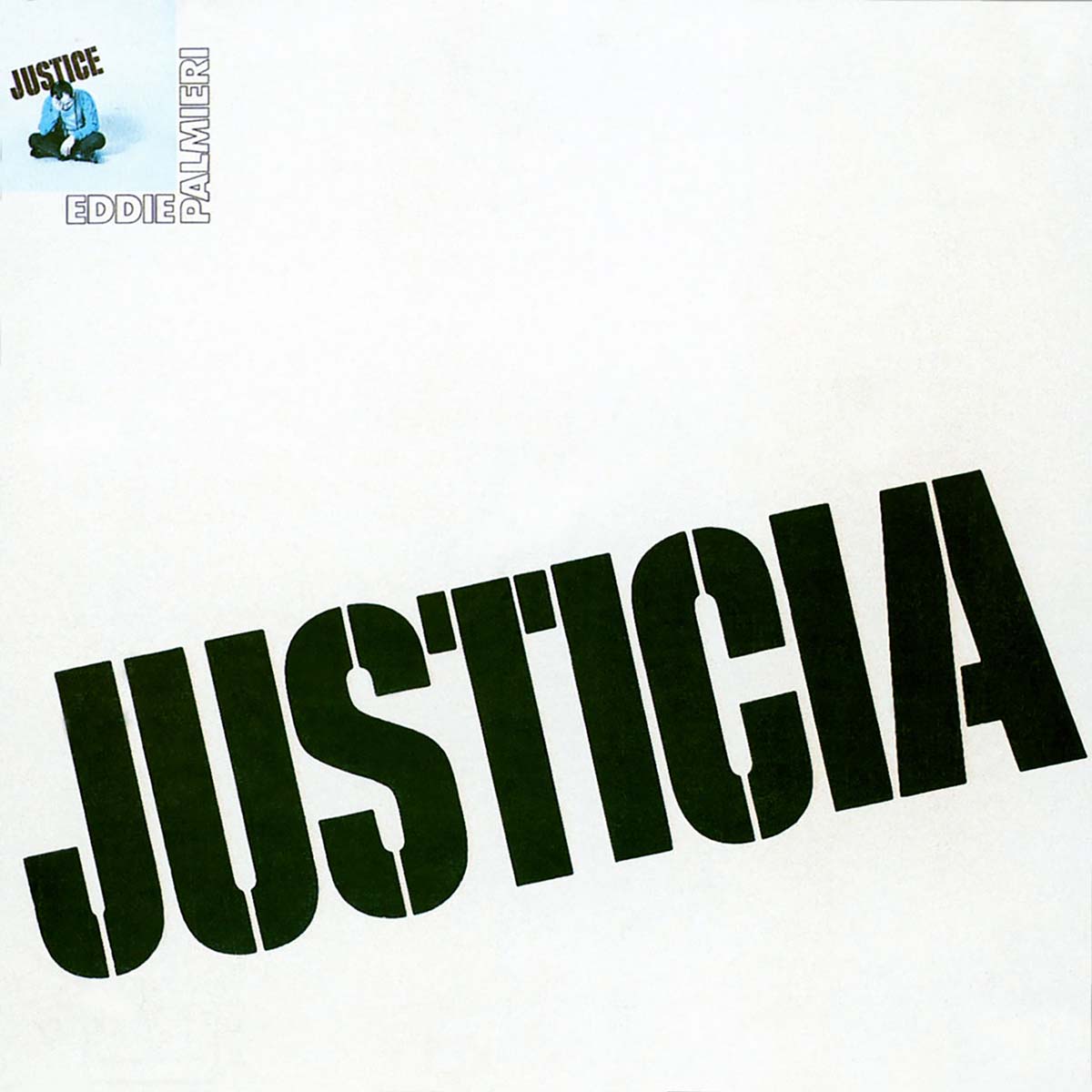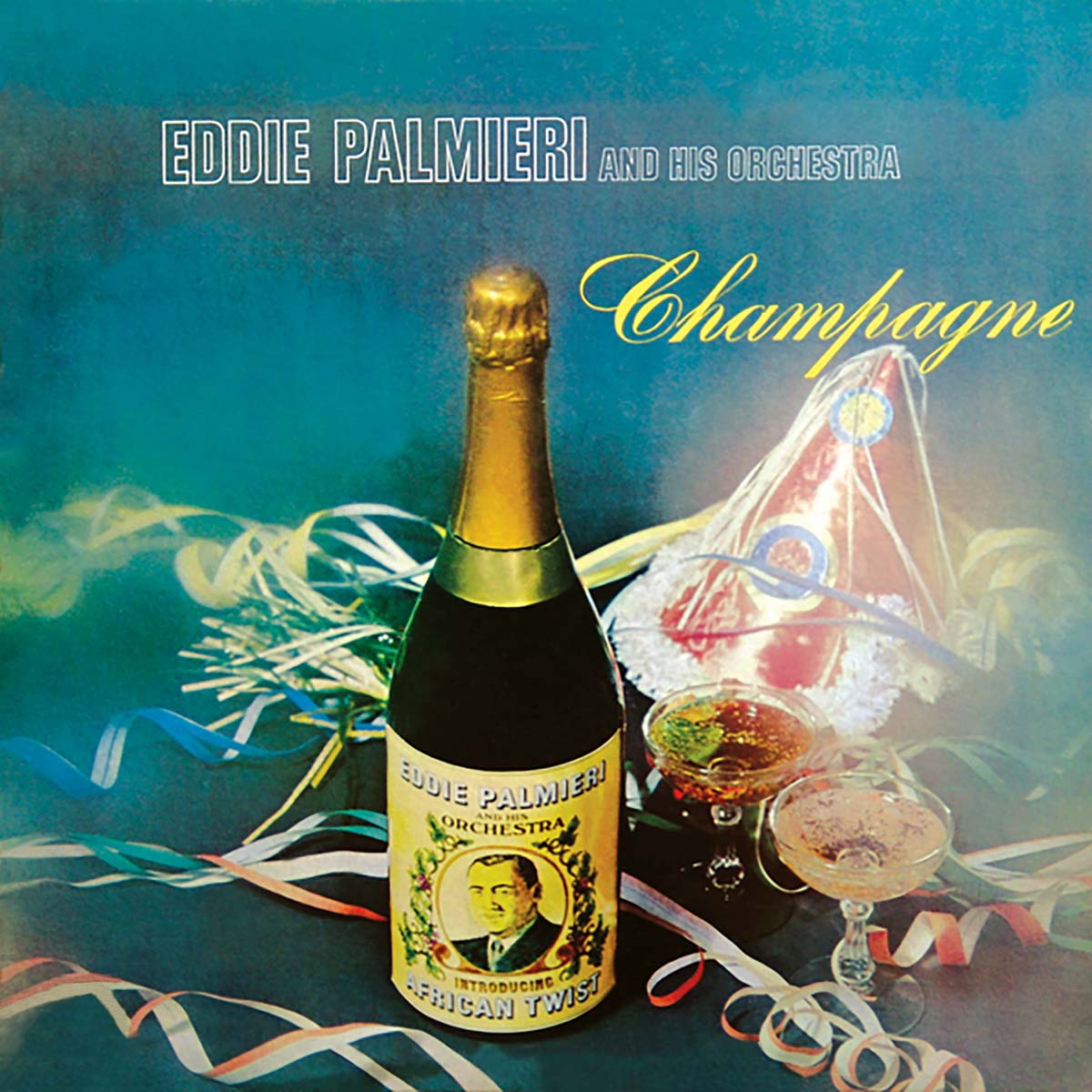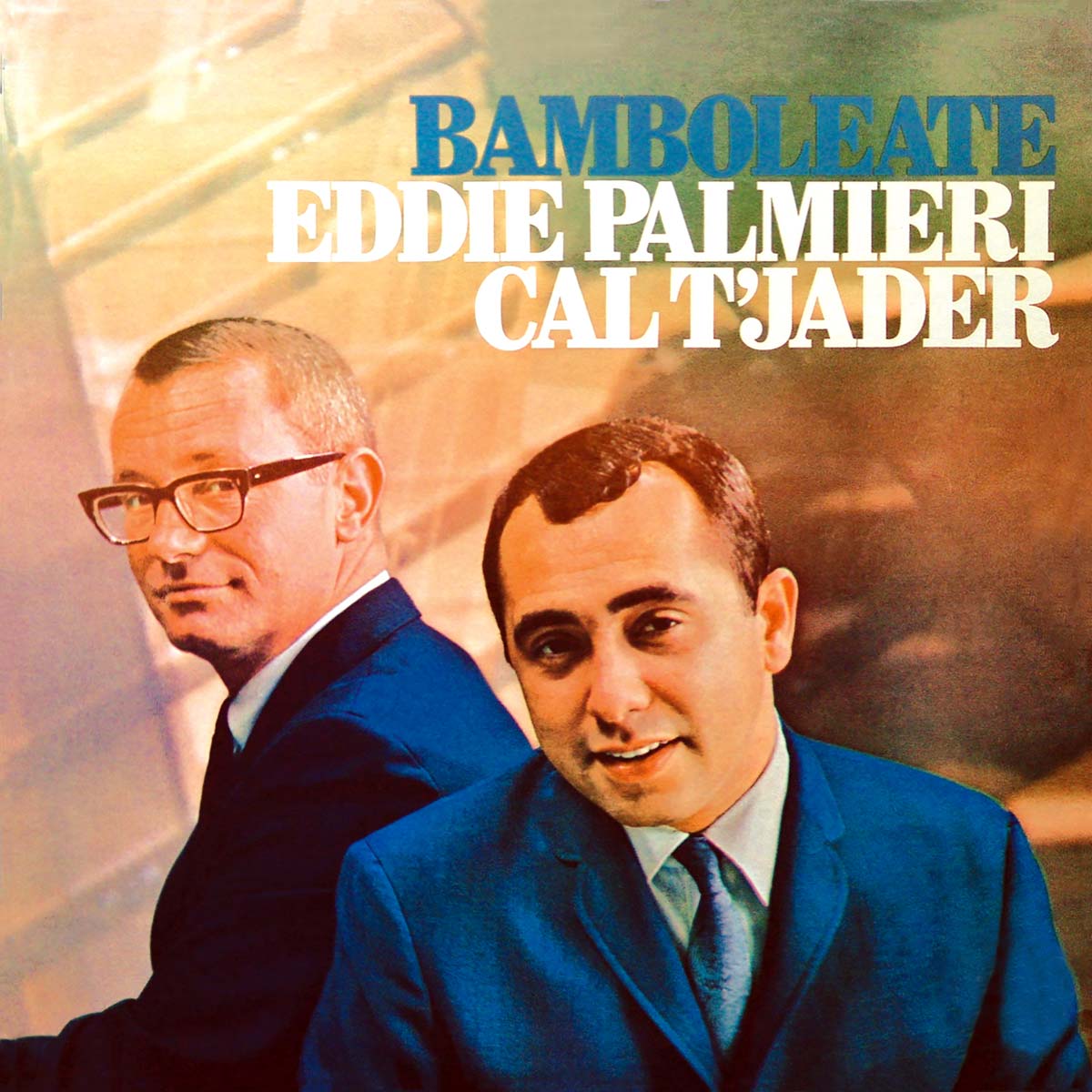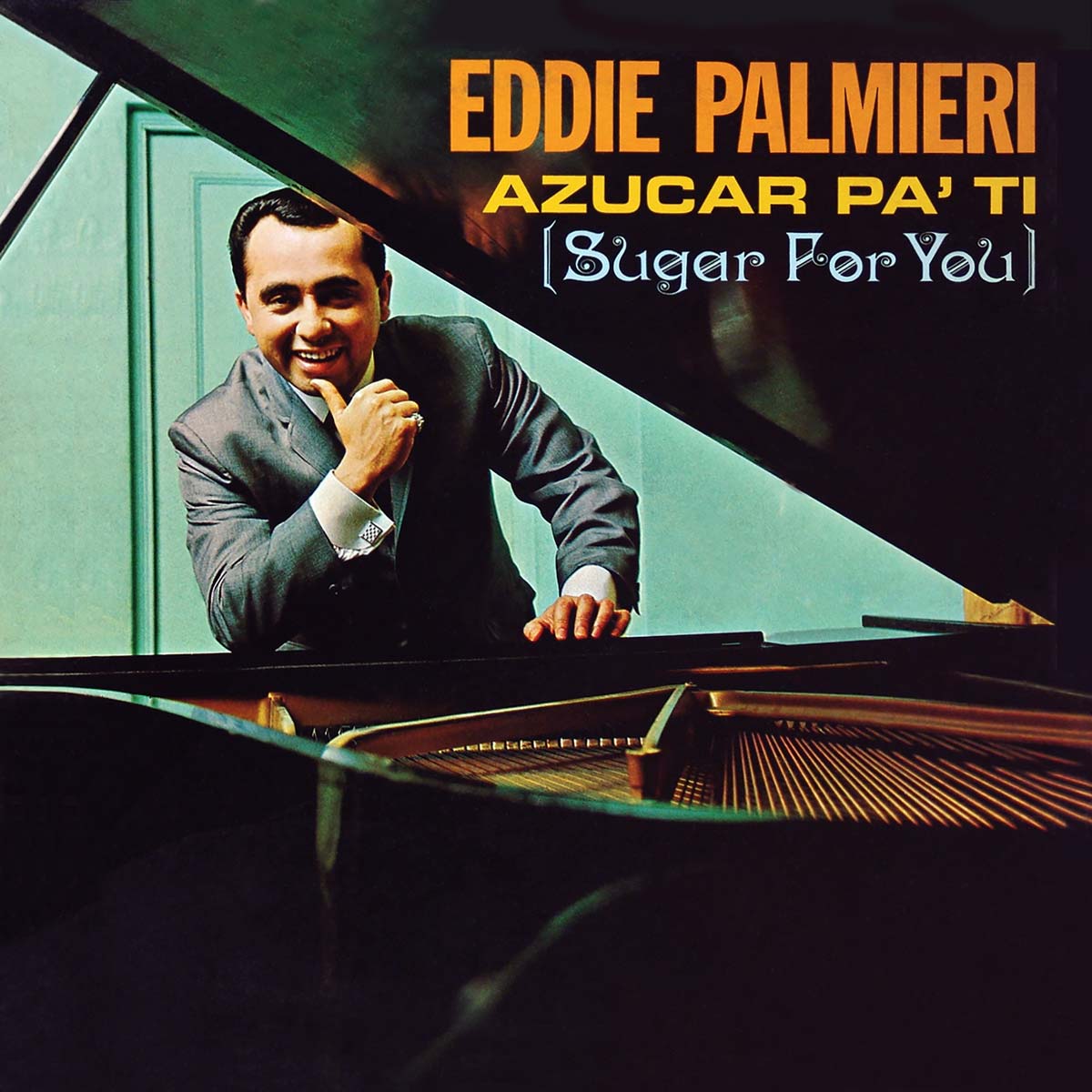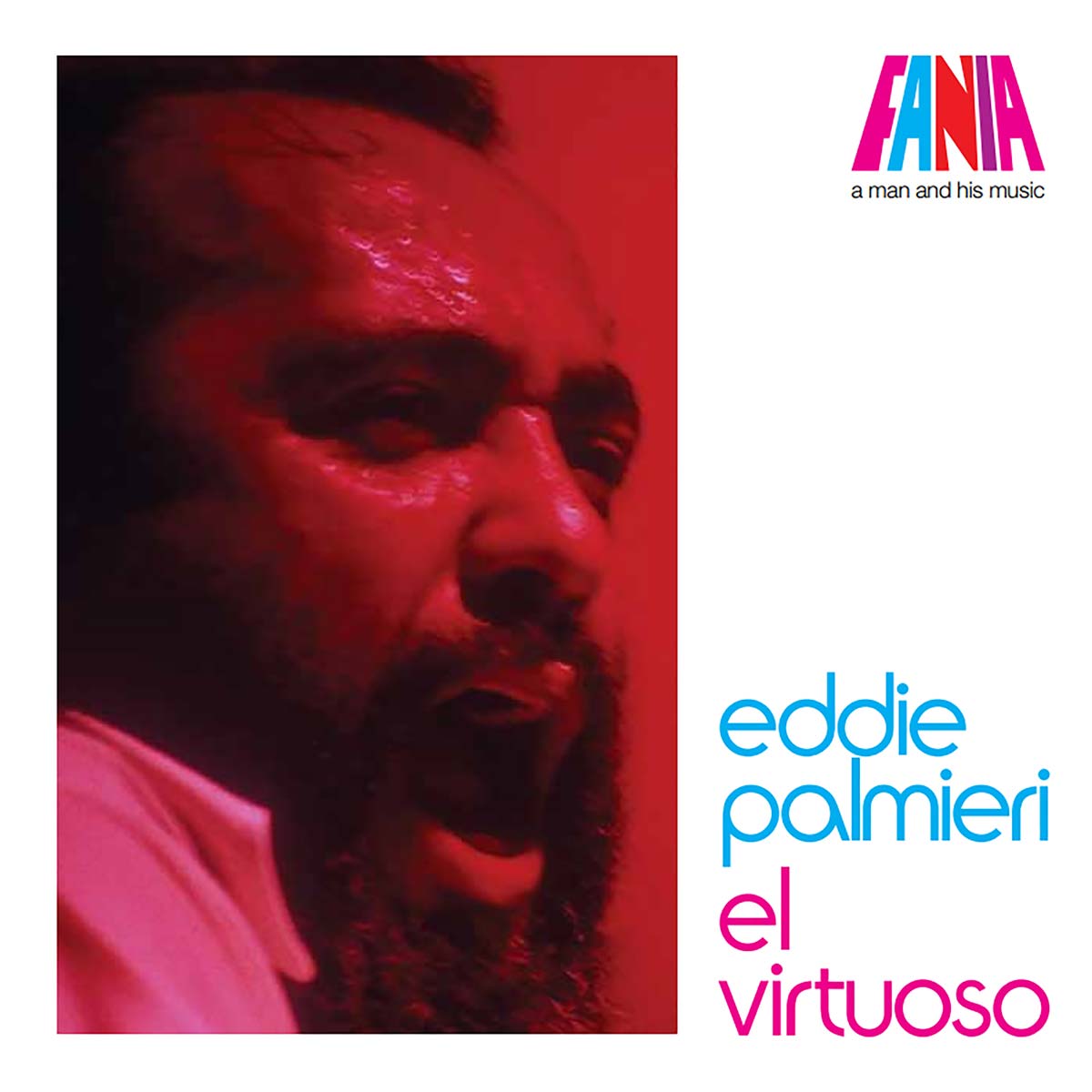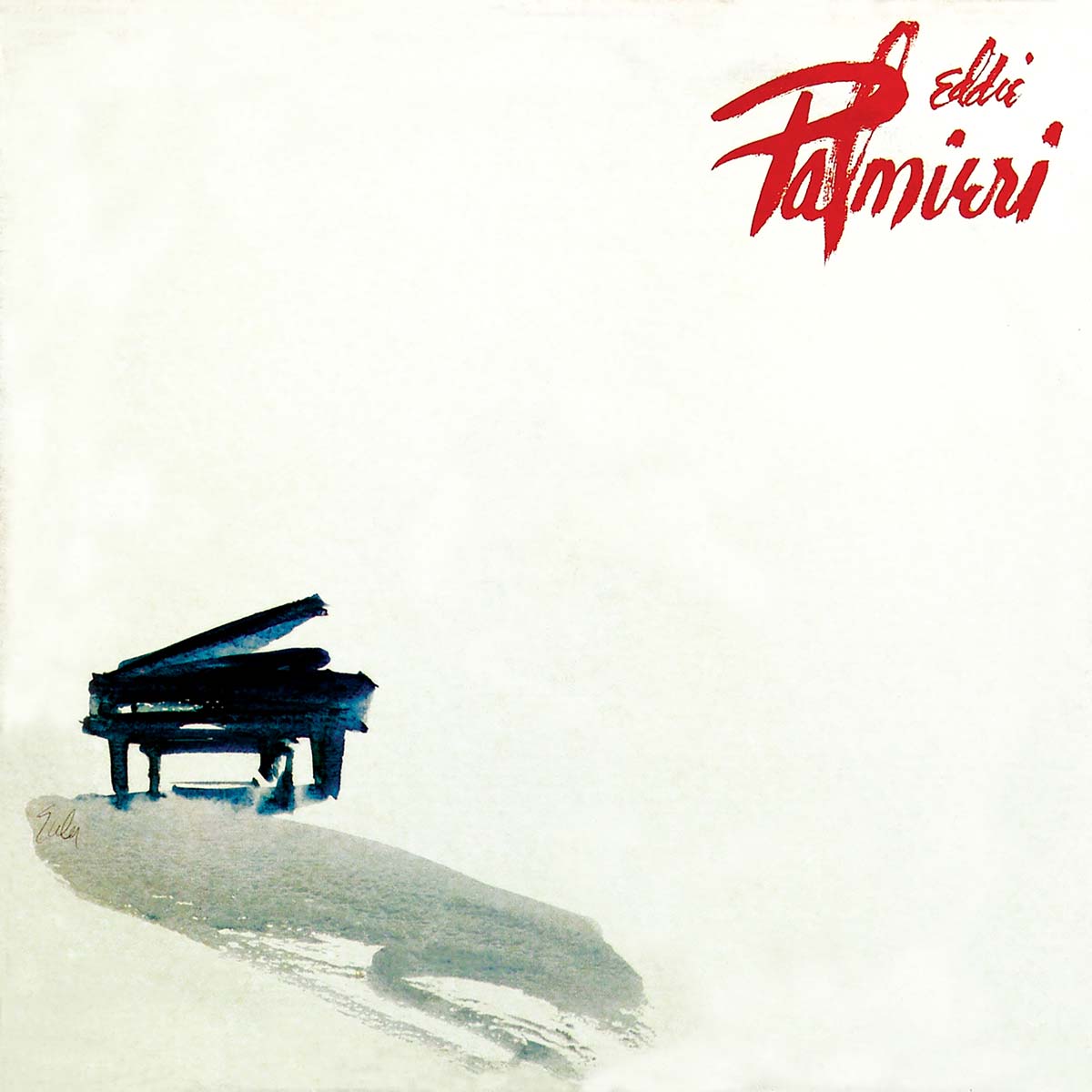
The White Album was recorded in early 1981. Originally titled “Eddie Palmieri”, it became known as The White Album, which referred to the LP’s white cover. In fact, this record was as significant for Palmieri as the same-nicknamed album was for The Beatles.
Here is what some Latin and jazz musicians have to say about The White Album:
A classic salsa session. — Sal Cuevas
One of my favorite recordings. — Edsel Gomez
My ‘turning point’ into a life of salsa servitude. — Allan Johnston
State-of-art dance music with a concert-minded aesthetic. — Bobby Sanabria
Why does this Grammy-nominated album continue to be so highly regarded? Just listening to the album will convince you, but here are a few reasons for its musical and historical importance: Great Arrangements – In The White Album, Palmieri was assisted by two arrangers: Francisco Zumaque and René Hernández. Zumaque is a daring Latin American composer and orchestra director known for his fusion of traditional Latin music with jazz and classical music. René Hernández is arguably one of the most influential arrangers in the history of Latin music, and The White Album was his last work, completed just days before he died.
Sal Cuevas remembers: Those scores, inherently have all the necessary ingredients to truly ‘swing’ as it is, yet I can’t help but feel that most of the musicians involved in the sessions went that extra mile after learning from Eddie of the sad but special history behind those scores! Great Bass Players – Two legendary bass players anchor this album. Sal Cuevas is in “El Día Que Me Quieras”, “Ritmo Alegre” and “Ven Ven”, while Andy González is on the other two tracks. A big part of the sound of The White Album is the use of the Ampeg Baby Bass. As Allan Johnston (bassist) explains: The percussive timbre of the Baby Bass—an archaic instrument extinct except in Latin music—fits within the Latin rhythm section, becoming in effect like a tuned conga.
Because of its percussive tone, it can be a difficult instrument to play quickly and cleanly, and the series of bass fills that Sal Cuevas plays around the piano solo and final coro in “El Día Que Me Quieras” are among the quickest and cleanest ever!” Great Soneros – In The White Album, Palmieri was reunited with Ismael Quintana and Cheo Feliciano, who share the lead vocals on this album. Quintana and Feliciano are two living Fania legends from Ponce, Puerto Rico, and known for their unique voice, phrasing and daring improvisations. The songs selected for each singer are perfect vehicles for their ability to improvise, as well as highlight their street flavor (sabor) and mastery of rhythm.
Great Horn Players – The White Album has the most amazing horn paring in the history of salsa—Victor Paz (trumpet) and Barry Rogers (trombone), the latter being the most influential trombonist in salsa. They make the most amazing blend on the horn mambos and moñas. The White Album was Rogers last recording with Palmieri and some consider his solos on this album as masterpieces to be studied by future generations. Great Songs and a Great Piano Player – “Páginas De Mujer” is famous because it led to a legal dispute between Palmieri and Gloria Estefán (for plagiarizing in her Oye Mi Canto) but the musical value of this song is unquestionable. The song continues to be reinterpreted, most recently by Brian Lynch. Notice how “Ritmo Alegre” blends nicely into “Consuelate Como Yo”, a Cuban standard. “El Día Que Me Quieras” is a masterpiece. The song is a famous tango that gets reconstructed. The orchestral introduction gives you no clue as to the progressive salsa that follows. The arrangement weaves perfectly around Feliciano’s exposition of the melody. Palmieri’s solo is an exploration, notable for the way he lays down the montuno with his left hand while exploring melodic and harmonic possibilities with his right.
Credits: A very special thanks to Victor Paz for all trumpet parts and solos, Barry Rodgers for all the trombone parts and solos and their creative aid in the production on this work. Also, thanks to Sal Cuevas y Andy González for their bass parts. Vocals: Cheo Feliciano, Ismael Quintana Producer – Eddie Palmieri Executive Producer – Jerry Masucci Recording Engineer – Alfredo Li Mixing Engineer – Alfredo Li Arrangements – René Hernández (“El Día Que Me Quieras”, “Ritmo Alegre”), Francisco Zumaque (“Páginas De Mujer”, “No Me Hagas Sufrir”, “Ven Ven”) All arrangements were consulted and supervised by Eddie Palmieri. Original Cover Design – Joe Eula
Written by Dr. Gregory “Goyo” Pappas


